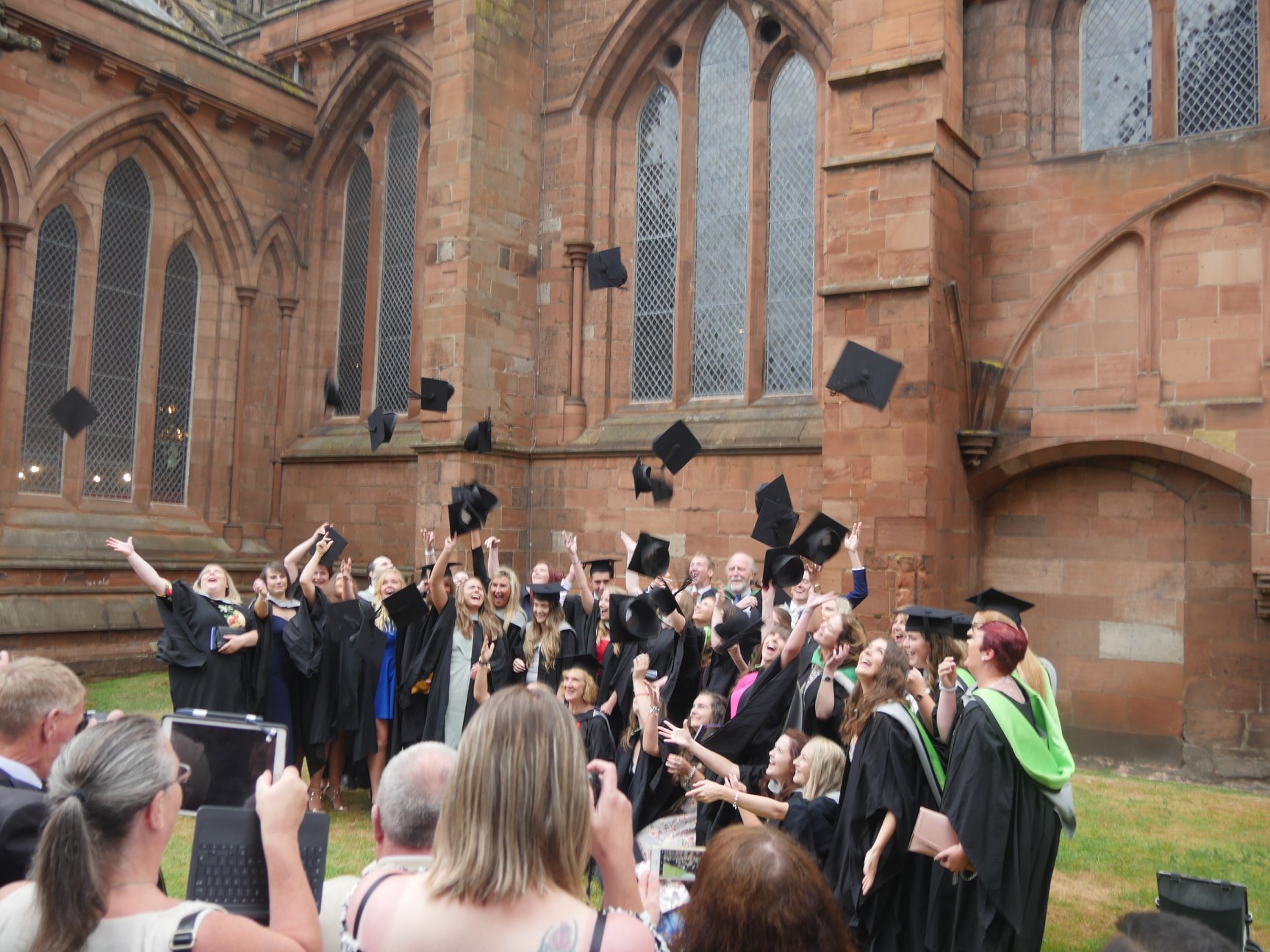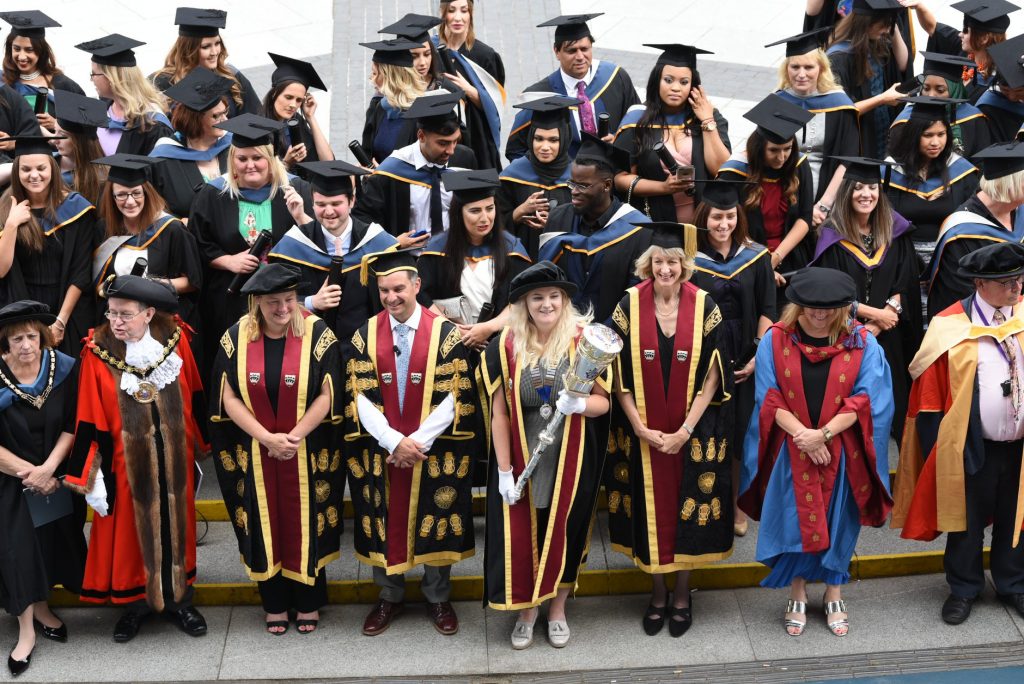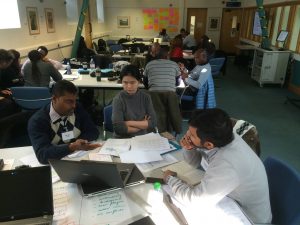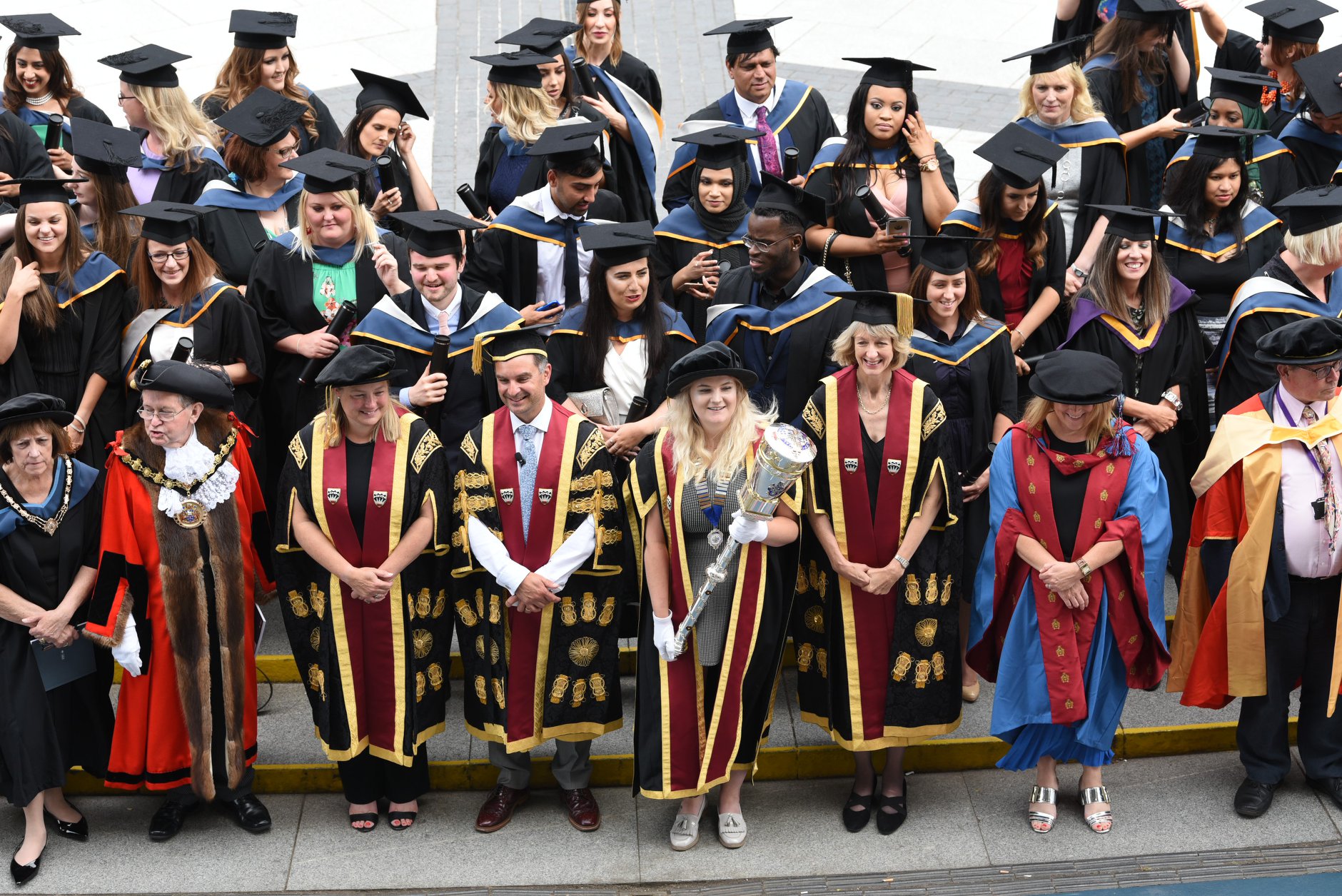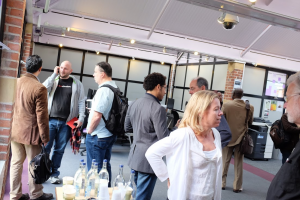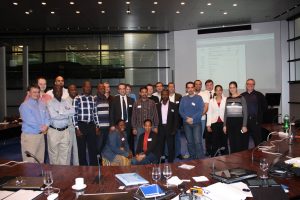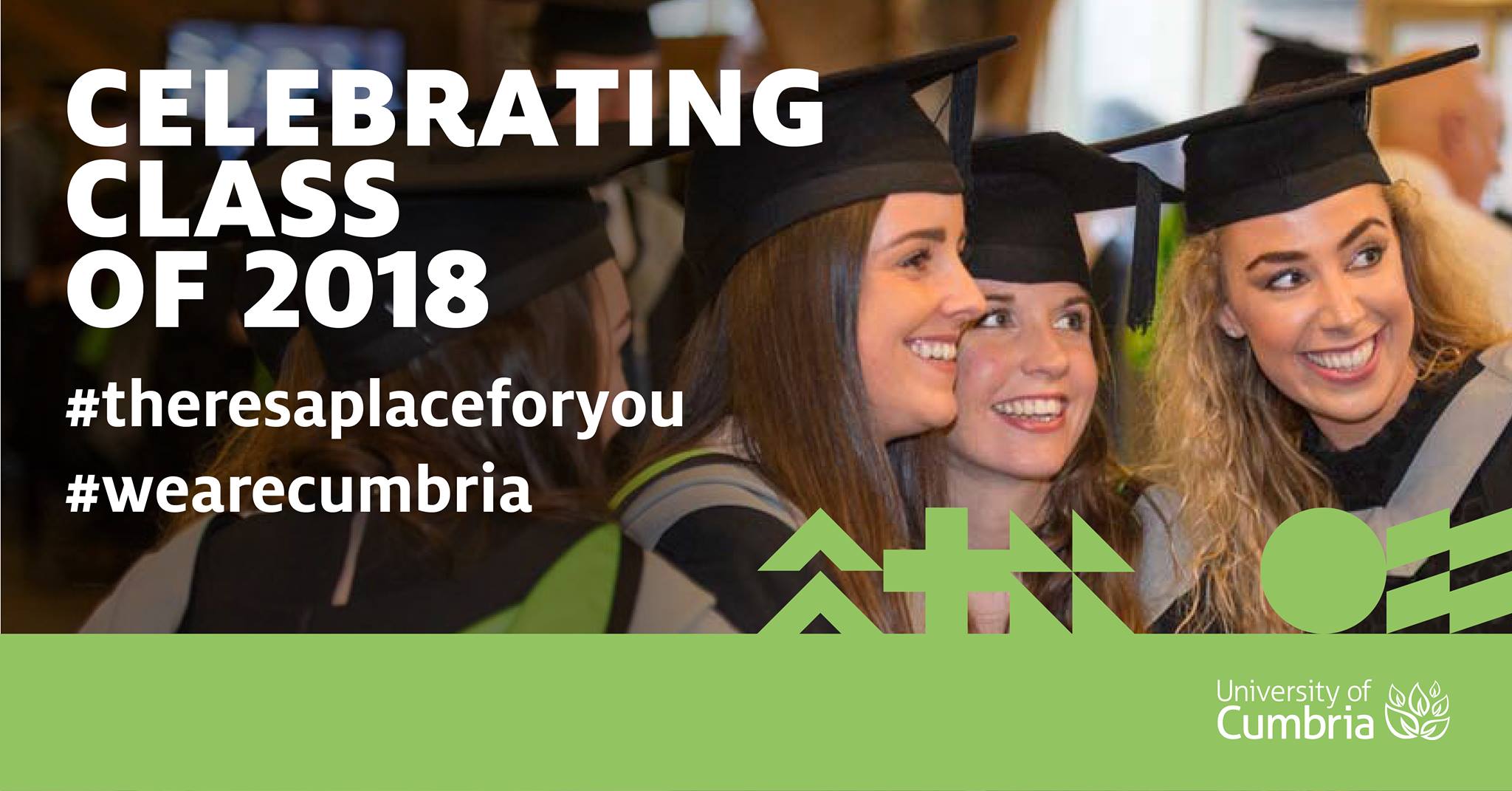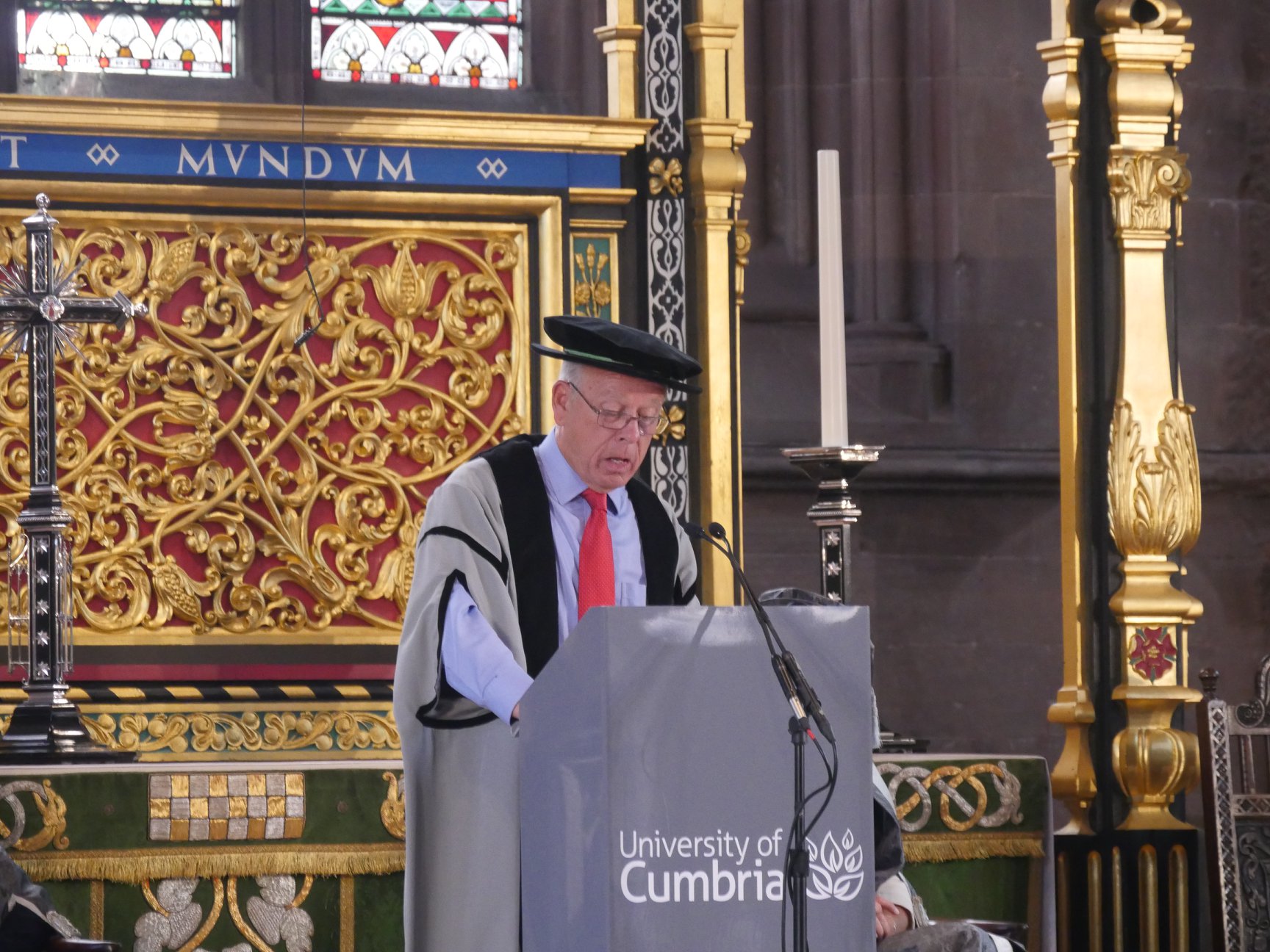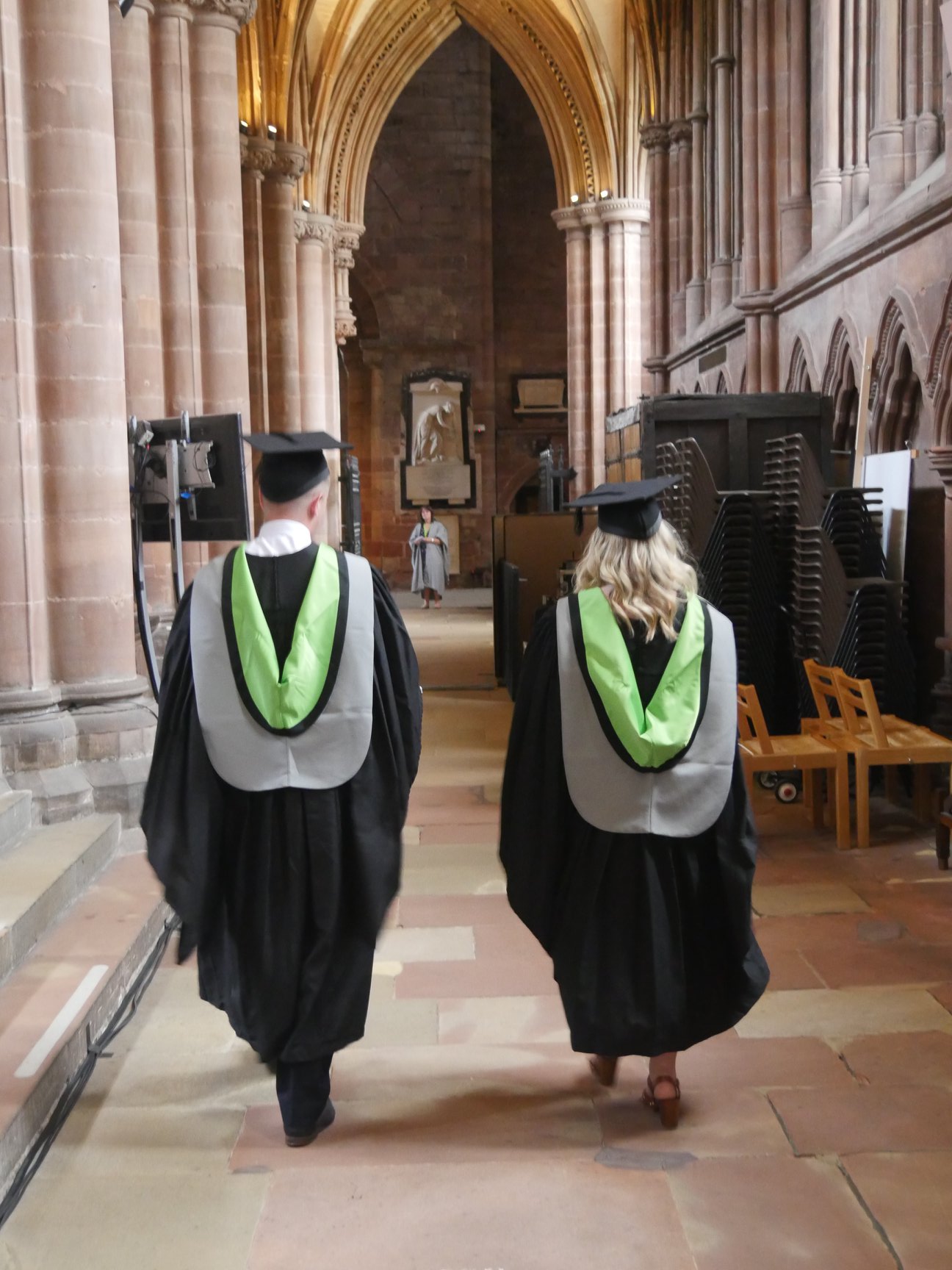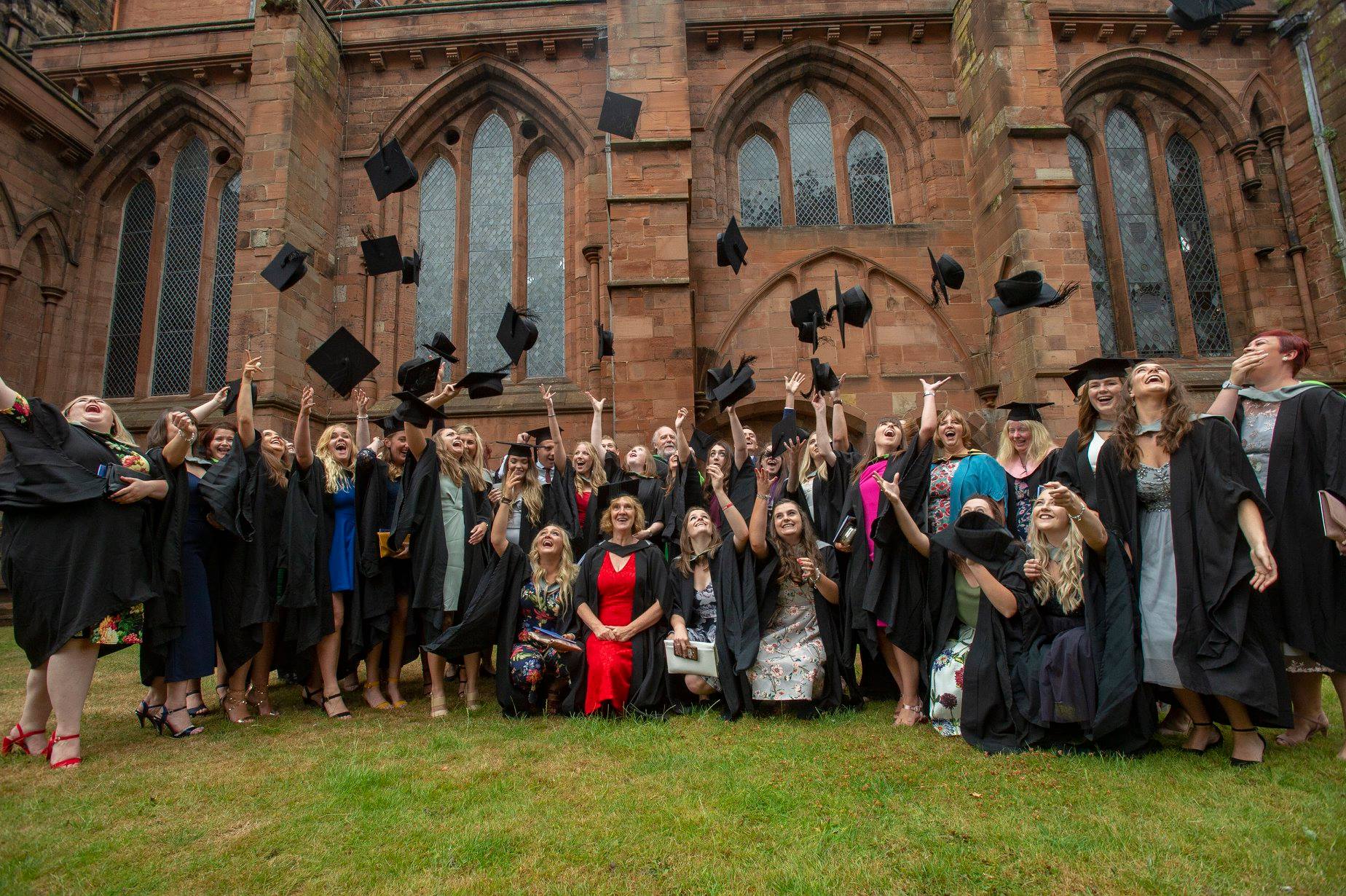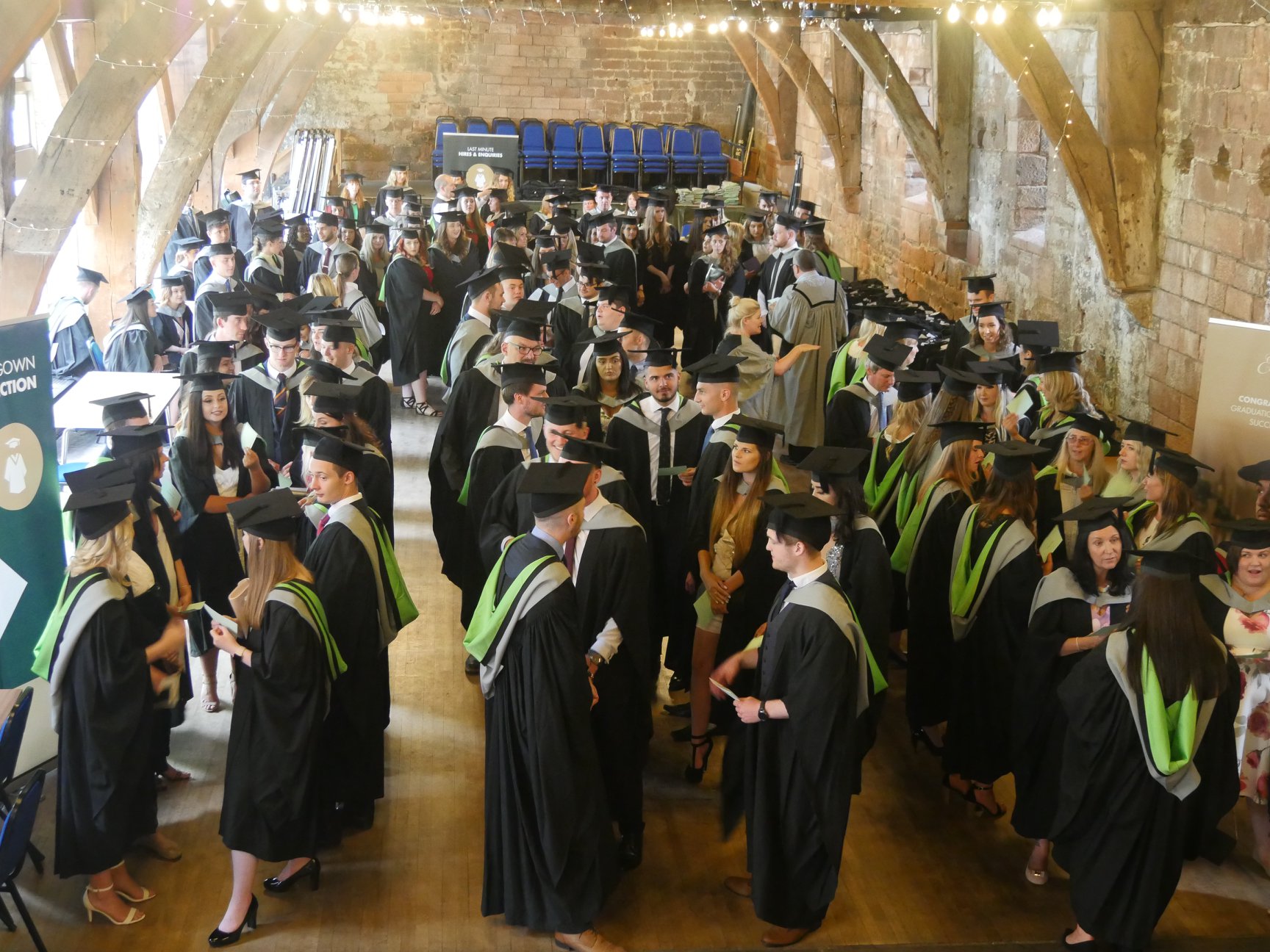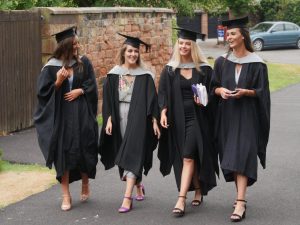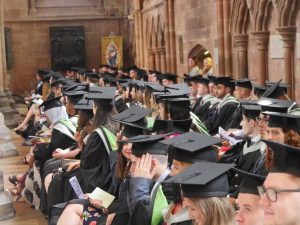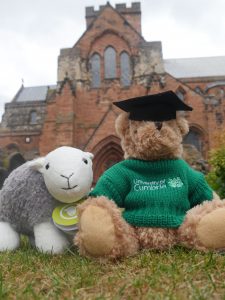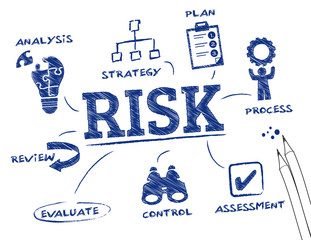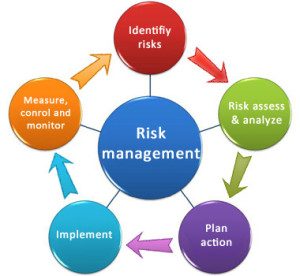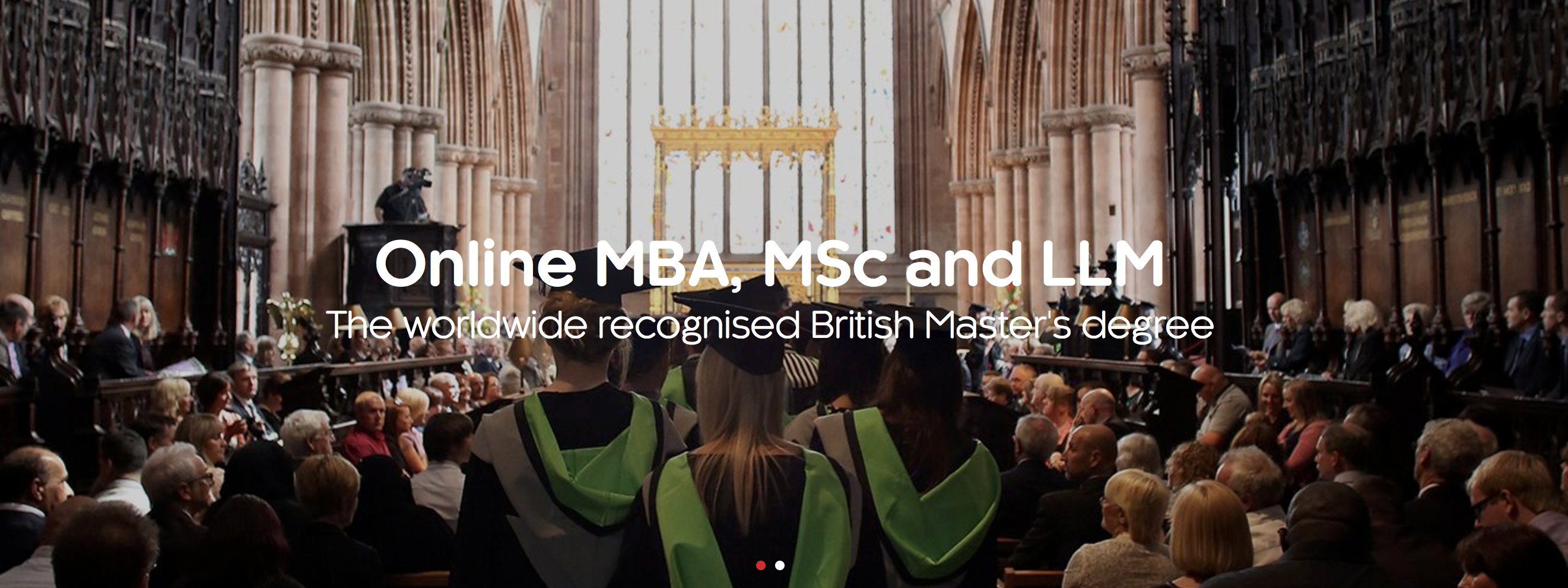As a former education advisor, this is one of the most frequently asked questions, I heard from potential applicants: ‘what is the admission criteria of the University’; ‘do I qualify to apply for the programme?’; ‘what is required in the statement of purpose?’. So, here are answers to all your questions. I aim to write this blog as a two part series; the first part, unravelling the admission and qualification requirements. And the second part would focus on what an ‘ideal statement of purpose’ should include.
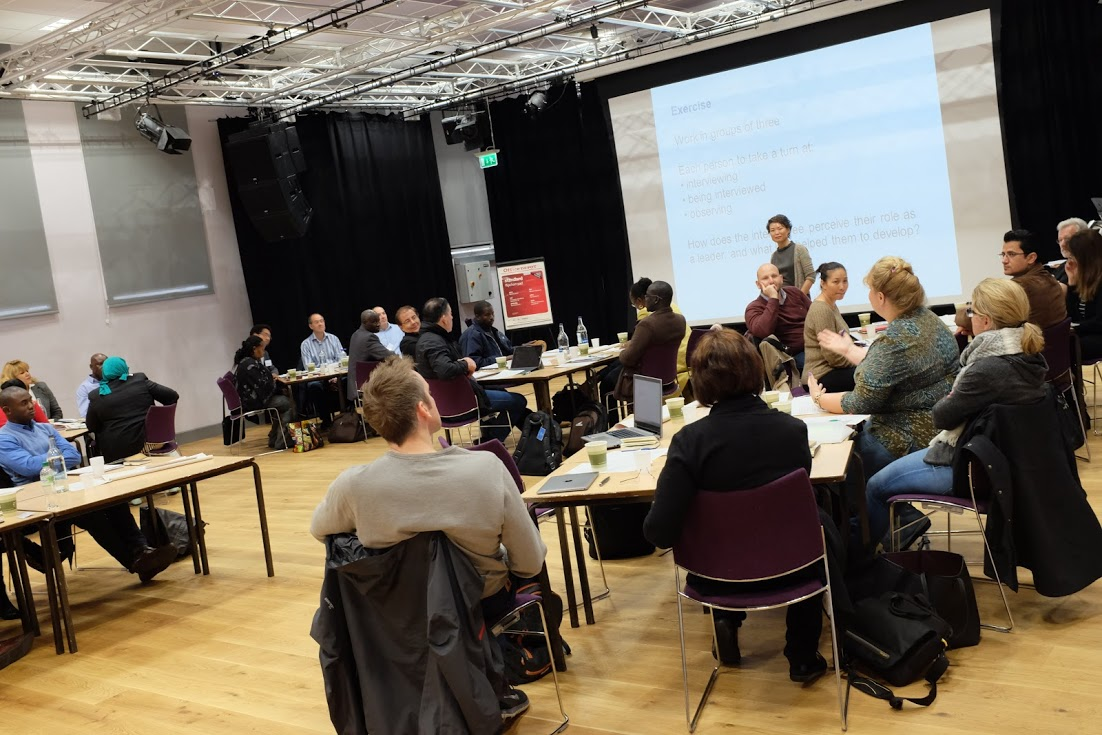
Reflection session
As a student, I am sure you all do your homework well in researching about the University you would like to apply for the Masters’. You would like to enrol with a University that is accredited, offers wide choice of courses of your interest, competitive fees, great student support, an excellent alumni network; in short the best university according to your requirements. Similarly, University also looks for the best talent; students that can academically outshine and cope the challenging pace of Online Masters; their potential contribution to the programme and the fellow students. While no one factor can be a sole deciding factor, however all the aspects put together constitutes a successful application. Therefore, you can impress the admission officers with one, all or a mix of these following aspects:
- Academic excellence: This is the basic, first and foremost factor that all the universities would look at. Your previous qualification forms a basis for your Master’s degree and to a great extent an admission criteria. Many universities consider this as an elimination factor, to select the qualifying applicants. For RKC Online Programmes, minimum qualification is an honours degree at 2:2 or above. **
- The chosen subject – Your interest and passion towards the course: You must demonstrate your background in line to the chose Masters subject and your passion towards it that goes above and beyond what is required in the classroom. Perseverance is the key quality that that will get the attention of the admission committee.
- Work Experience: The Online Masters’ with its flexibility has become increasingly accessible to the working professionals. The working professionals bring a lot of real life experience on the table and enrich the programme value with their contributions. Hence, the number of years of experience of your resume will have a positive impact on your application. RKC has a minimum requirement of 2 years of work experience.
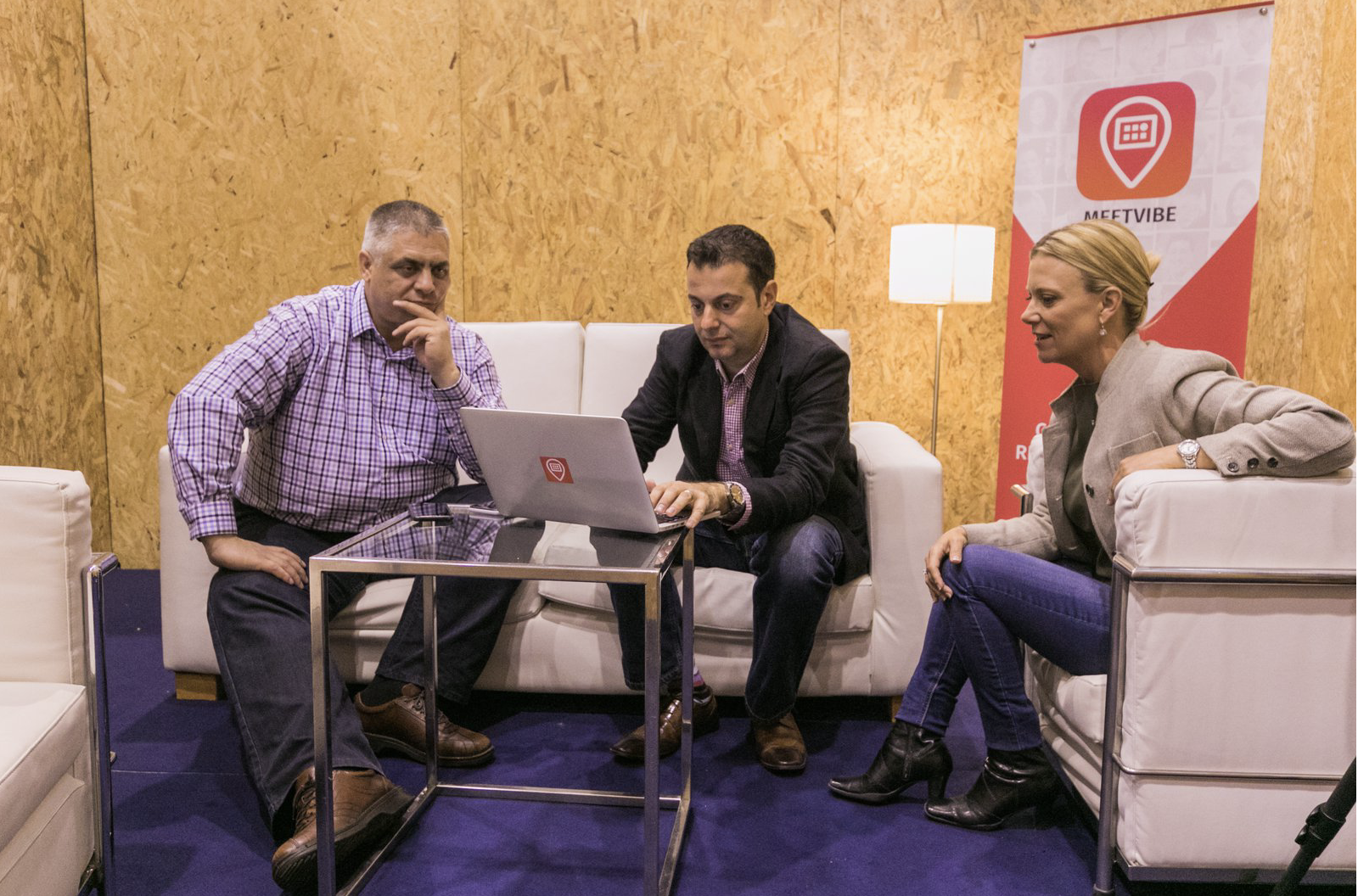
RKC Alumni and MeetVibe founders – Mircea Baldean and Carol Aebi, joined by co-founder Gabriel Paun (left) at Web Summit 2017
- Ability to think, work independently and time management: While the Online programme offers flexibility and ease to study from anywhere in the world; it can be quite challenging to manage the study, assignments, work life and personal life. It could be quite a juggle. The university expects you, as a Masters student, to be able to efficiently manage the requirements of the programme.
- References: References are an important part of your application process. A reference could be your academic or professional references. Though professional (most recent) are considered to be the most favourable. A reference can tell a lot about the applicant : maturity, character, leadership, self-confidence, warmth of personality, concern for others, and grace under pressure.
- Ability to work in groups: Ability to teamwork is important as well. Most of the course through RKC is conducted online with independent assignments to be submitted online itself. Some part of the modules taught in residency week require group discussions and assignments to be submitted on the basis of such group work. This ability will be reflected in your previous qualification or work experience (as team player or manager) or extra curricular activities.
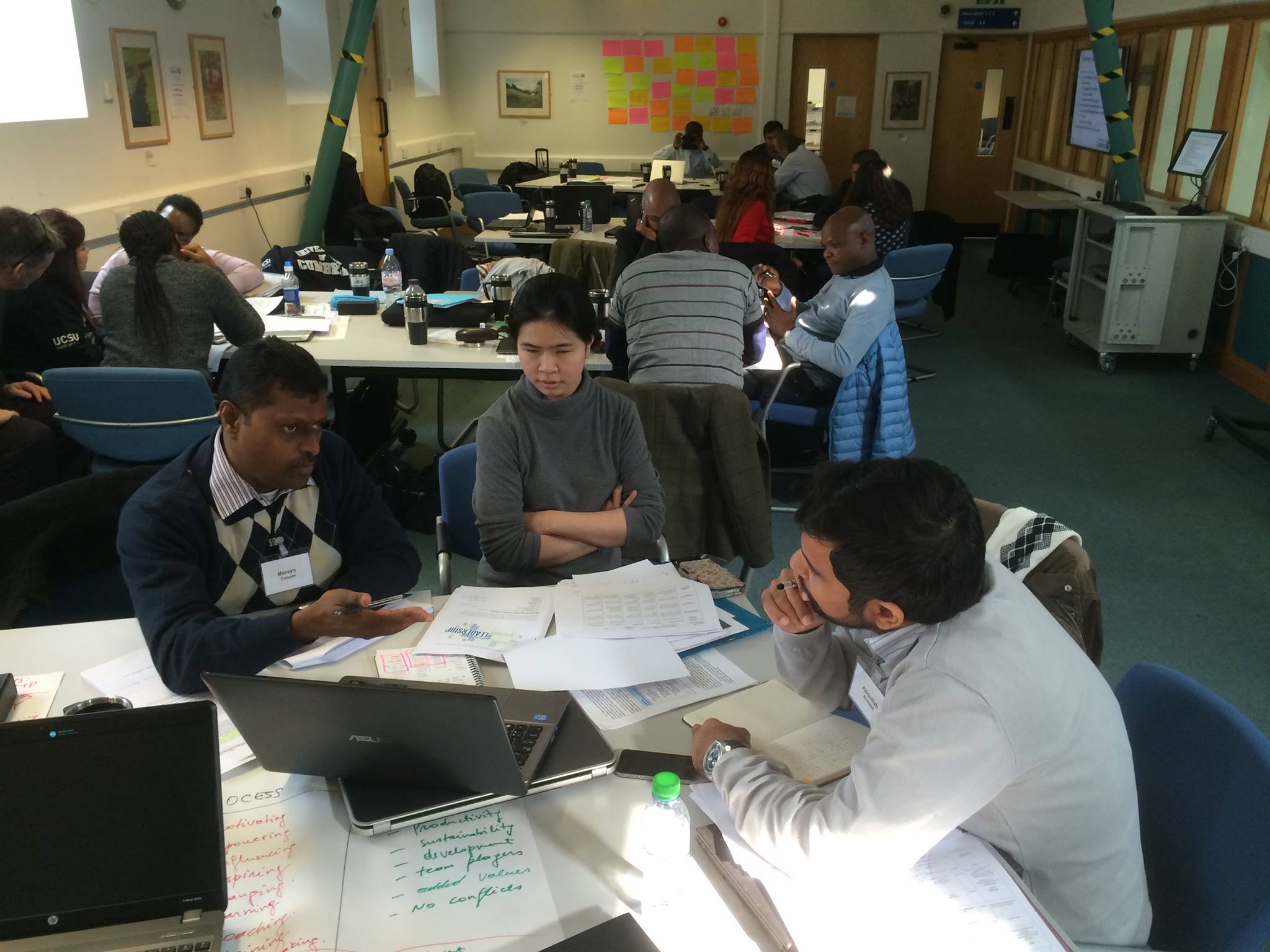
- English Language Ability: Since the course is fully taught in English, you will be evaluated for your English language skills, through various aspects – how well your resume is penned; formulation of the statement of purpose; verbal communication skills evaluated by education advisor. For admission with RKC, minimum requirement is: English language at IELTS 6.5 (minimum of 5.5 in each component). (This requirement could be waived, depending your previous qualification or experience in English speaking work environment- reference required –speak to our education advisor today for more information).
- Statement of Purpose: SOPs have increasingly become one of the most important deciding factors when evaluating an admission application. Its the summary of your past achievements and an insight of how motivated are you going forward. (more details on the next blog.. watch this space :))
Now that you have the insiders view of the application requirements, do not delay any further! Apply for your online Masters’ MBA and LLM and Online MSc programmes today and get started for the next intake.
**Applications are considered from candidates who do not meet the formal entry requirements but can provide evidence of equivalence. Examples of equivalence are:
- A wide range of professional qualifications and/or work experience.
- Working or studying in English or an English-speaking environment.
Applications will be considered from candidates who do not meet the formal entry requirements but who can demonstrate by interview the commitment to complete the programme successfully.

 Going back to school is never easy, especially if you are a working professional and have to juggle a career and your personal life along with your education. But now that you have decided to go back to school, you might as well focus on becoming the best student you can be.
Going back to school is never easy, especially if you are a working professional and have to juggle a career and your personal life along with your education. But now that you have decided to go back to school, you might as well focus on becoming the best student you can be. 
 Active participation in class can have a number of positive impacts on your student life. Teachers notice
Active participation in class can have a number of positive impacts on your student life. Teachers notice 

